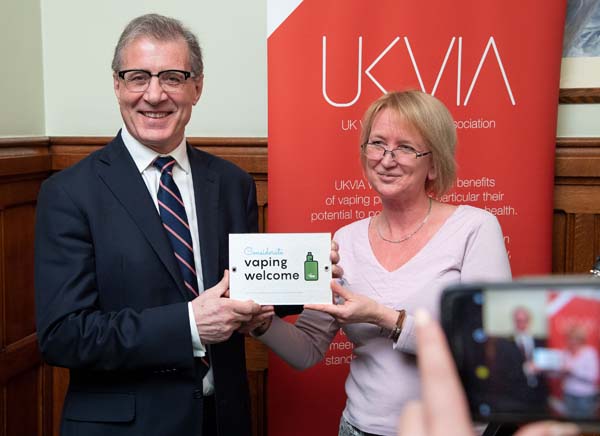Philip Morris New Zealand (PMNZ) is looking for a tax break on its heated-tobacco sticks, according to stories by Madison Reidy for Television New Zealand and Bonnie Flaws for Stuff.co.nz.
Flaws quoted the PMNZ GM James Williams as saying that the combustible-cigarette excise taxes applied by the Government to discourage people from smoking and recoup the costs associated with smoking were not appropriate for non-combustible products, such as its tobacco sticks, which had less impact on people’s health.
To motivate consumers to move to these alternative products it was necessary to provide them with information, access and a financial incentive.
“Unfortunately, our heated tobacco product at the moment is still treated like a combustible product,” Williams was quoted as saying. “It still carries health warnings like it’s a cigarette.”
Meanwhile, Reidy’s story quoted Williams as saying that PMNZ wanted New Zealand to become the first market free of [combustible] cigarettes.
“There is no motivation, at all, from anybody within Philip Morris to keep selling cigarettes in New Zealand,” he said.
But the National Tobacco Control Advocacy Service’s general manager Mihi Blair said the plan was just a bold public relations stunt.
“If Philip Morris was very serious about it, they would just stop it [selling cigarettes] right now,” said Blair.
“It is just swapping one addiction to another.”
Williams said the company could not pull cigarettes from shelves immediately because that would simply force smokers to buy from other manufacturers.
He said PMNZ wanted to help the government achieve its smoke-free-by-2025 goal, but that the Ministry of Health had refused to meet with him even after he had sent to the agency six binders of scientific information.
A spokesperson for the Ministry would not say if it had refused a meeting with Williams.
The Ministry was not aware of the details of PMNZ’s plan to pull cigarettes from New Zealand shelves, the spokesperson added.










